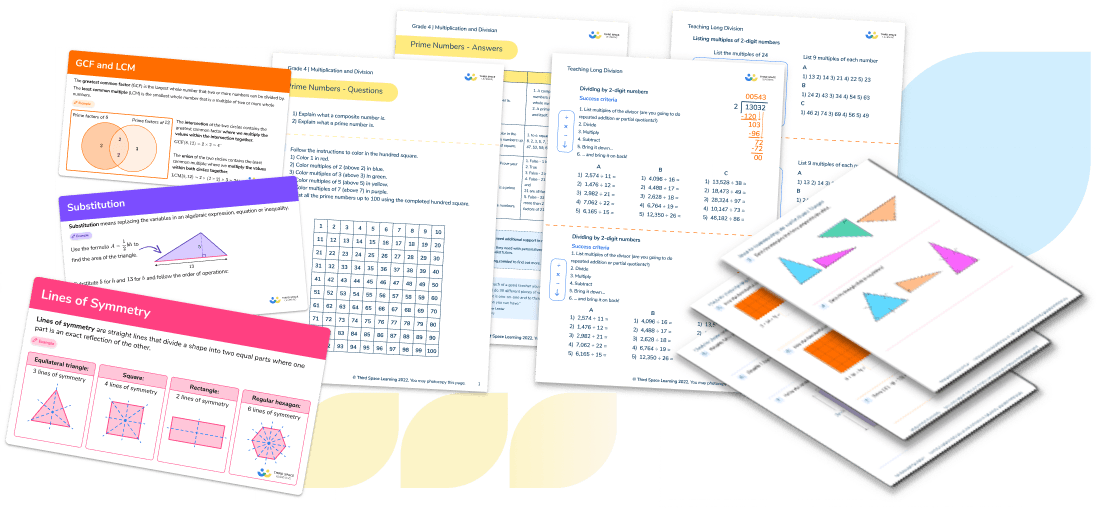Screen Time For Kids: Making It Positive
Like it or not, screen time for kids is here to stay.
Excessive screen time has been shown to cause some behavioral issues in kids and in the longer term, can have an impact on children’s health: mental health and an increased risk of childhood obesity. But let’s face it, screen time for kids isn’t all bad.
It’s a great way to help them connect with their peer group and extended family through video chatting, develop their social skills and learn in an applied and engaging way. It was a lifeline for these purposes during the pandemic.
Wanting children to be tech savvy is understandable.
In an age where we don’t really know what the jobs of the future will be, it is more important than ever that children are at least familiar with the gadgets on offer. At the same time, we should be mindful of the risks associated with an excessive amount of screen time.
Why?
What’s the problem with screen time for kids?
In a sign of the times, it is estimated that children aged 8 to 10 year olds are spending six hours a day in front of a screen on average. This increases to 9 hours for those children aged 11 to 14.
At school, technology offers unique learning experiences that are tied to the real world. They allow access to experiences and resources that would otherwise be inaccessible to many younger students, such as tours of museums, digital manipulatives and video and audio.
When children are not in school, many parents are working longer and longer hours and screens sometimes have to be used as virtual babysitters. In a study by the Kaiser Family Foundation, they found that, “Eight- to eighteen-year-olds spend more time with media than in any other activity besides (maybe) sleeping—an average of more than 7½ hours a day, seven days a week.
Given such developments, it is unsurprising that teachers and parents want some help to make the most out of screen time.

What can you do to help?
#1 Check your own screen use
We all know that kids are like sponges. When it comes to behavior, they’ll absorb how adults behave more than what they say. So … when with your students or children, try to limit the amount of time you spend on your smartphones or other electronic devices.
Research shows that parents are spending just as much time using screens as their tweens and teens, about 9 hours a day. Kids will see double standards if you enforce rules without checking your own screen use.
As a parent, it’s easy to become distracted when there are so many things going on. On occasion, try to stay away from multitasking, put the phone down and focus only on your child.
Establishing family rules can help with this, with both adults and children being clear on screen time rules. You could start with having no screens during mealtimes or in the hour before bedtime.
For teachers, your school and classroom will likely already have your own rules regarding the use of technology and student phones in the classroom. If you have a ban on phones in your classroom, make sure you’re following it yourself!
#2 Use apps to monitor and limit screen time
It’s worth remembering that Steve Jobs himself didn’t allow his own children to use ipads at all, with the New York Times describing him as a ‘low-tech parent.’ You don’t need to go this far, but it might be a good idea to limit screen use where possible.
There are a wide range of apps now on offer to assist you if you are looking at setting limits on your child’s screen time or looking to introduce parental controls.
Even the shareholders of Apple are encouraging their engineers to develop software that would enable parents to monitor and ultimately limit screen time. Here is a list of apps to get you started. They often allow you to give them a go for free.
If limiting time seems too much, you could alternatively introduce screen-free and social media-free time!
#3 Make screen time positive
It’s often a discussion of how much screen time is too much screen time however, we should remember to consider the nature of the screen time. There are plenty of ways, both in and out of the classroom, that you can make the most out of your child’s screen time with high-quality interaction:
- Allow children to choose something they are interested in. Ask them to research this topic online and present their findings.
- Ask children to write a blog on a topic of their choice.
- It is difficult to balance reading and screen time. With book apps, you can combine both. Children can find these really exciting! Here are some book apps to get the ball rolling.
- Use screen time to engage an online tutor to build your child’s confidence.
- Take advantage of the explosion in the number of podcasts on offer. Whatever the children in your class’ interests, you’ll be sure to find something that appeals.
- Encourage children to watch something that will eventually lead them away from the screen. Why not try watching a video on how to cook something. Then, go and actually cook it with your class or child! Don’t hang around and watch whatever video comes on next; get to the kitchen and start enjoying time away from the screen.
- In the classroom, on-screen educational games can be a part of a healthy repertoire of screen time. At home, in moderation, children can additionally enjoy age-appropriate video games – we all need an escape!
We hope this gives you more of an understanding of screen time for kids. If you’re looking for more ways to make your students or children’s screen time positive, try our list of free home learning resources.
Do you have students who need extra support in math?
Give your students more opportunities to consolidate learning and practice skills through personalized math tutoring with their own dedicated online math tutor.
Each student receives differentiated instruction designed to close their individual learning gaps, and scaffolded learning ensures every student learns at the right pace. Lessons are aligned with your state’s standards and assessments, plus you’ll receive regular reports every step of the way.
Personalized one-on-one math tutoring programs are available for:
– 2nd grade tutoring
– 3rd grade tutoring
– 4th grade tutoring
– 5th grade tutoring
– 6th grade tutoring
– 7th grade tutoring
– 8th grade tutoring
Why not learn more about how it works?
The content in this article was originally written by primary school teacher Sophie Bartlett and has since been revised and adapted for US schools by elementary math teacher Christi Kulesza.




